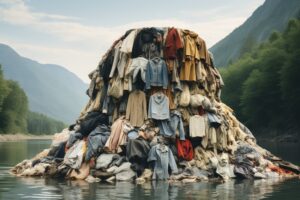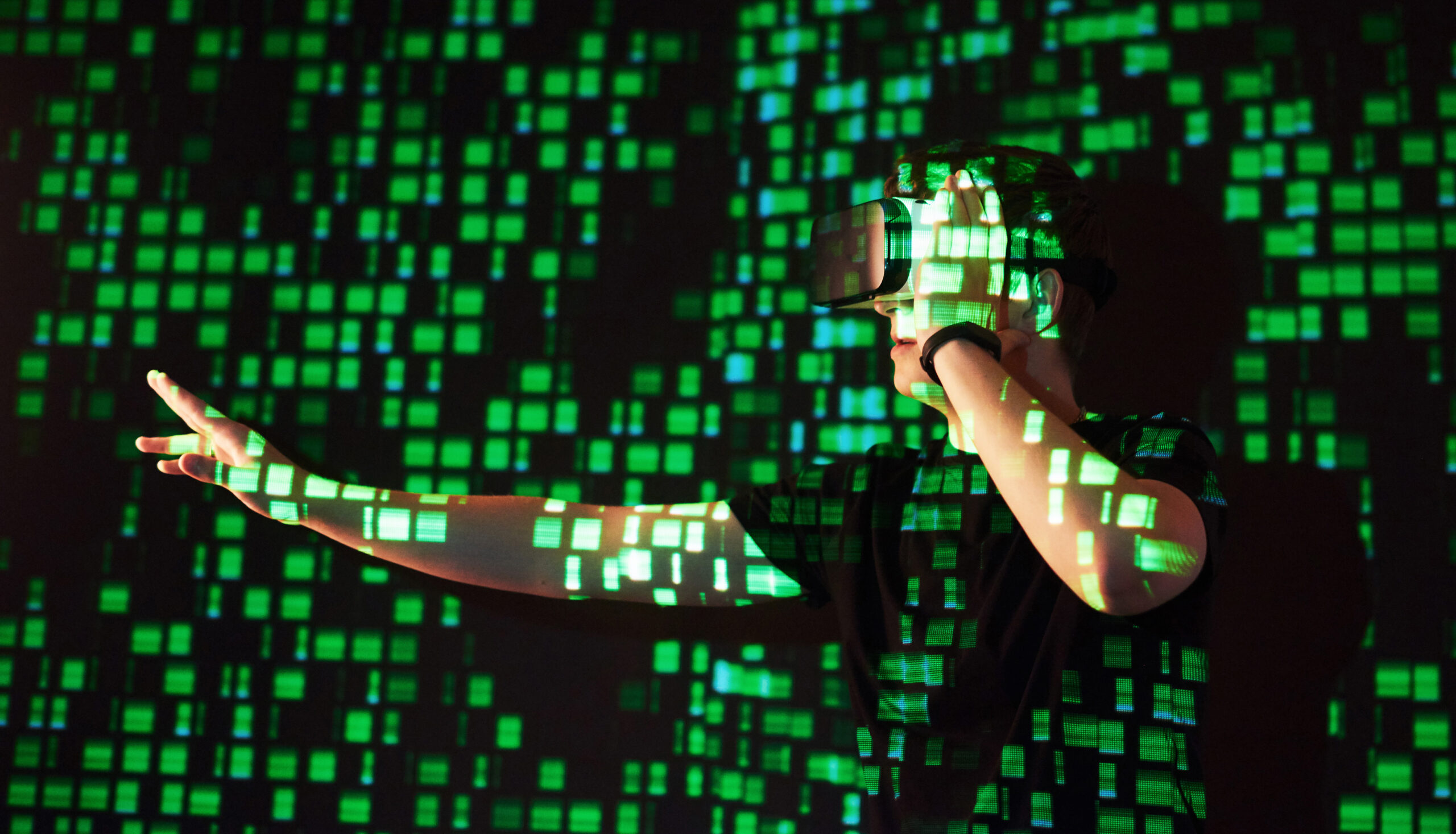Manufacturers will no longer be able to arbitrarily label their products as green, ecological, sustainable, etc. The new Ecodesign Regulation, which sets out clear rules for demonstrating sustainability, has just completed its legislative process. This is accompanied by another measure, the Green Claims Directive.
The ecological sustainability requirements, according to the Ecodesign for Sustainable Products Regulation (ESPR), apply to all products except for automobiles, defense and security products, food, animal feed, pharmaceutical products and living organisms. Particular attention is paid to the definition and implementation of specific requirements for selected product groups including textiles, furniture, tires, steel and aluminum, cleaning products and chemicals, ICT products and other electronics, through future delegated acts.
The Regulation includes rules on durability, reusability, upgradability and repairability, recycled material content, refurbishment and recycling, carbon and environmental footprint and information requirements.
A new digital product passport is also being introduced, which must contain accurate, up-to-date and complete information on the product’s life cycle. From 2026, the Commission will establish a register of digital product passports, which will store unique identifiers for individual products, operators and facilities. The register will be supplemented by a web portal for easy searching and comparing information in digital product passports.
Web3 and blockchain technology appear to be the most effective for such a large database. This technology, while not yet widely used in public administration, is gaining importance due to its efficiency in several factors – speed, transparency, decentralization and security. The new register, which should gain real consumer trust, must be above all fast, with secure data transmission and immediate, permanent validation.
The possibility of using NFTs is also worth considering, which are used by some luxury brands to validate the authenticity of their physical products. All required product data can be included in the NFT description, thus creating a unique and transparent digital passport. This is the path we are taking at LIBERAL LARK. Each tailor-made coat also has its own 3D model, stored as an NFT on the blockchain. The number on the sewn coat is also included in the NFT description, including the specification of textiles and other information. The customer thus owns not only the self-designed and then sewn coat, but also its digital 3D version on NFT.
Will blockchain have more opportunities in the European Union?
Support for it at the level of European legislators is gradually growing. According to a recent survey by the Cointelegraph.com portal after the elections to the European Parliament, the EPP Group, the strongest and most influential group, is among those supporting blockchain. It considers the need for proper and strong regulations to prevent abuse, ensure consumer protection and maintain financial stability. “Blockchain can bring efficiency gains in public administration processes and enable new applications. This strengthens citizens’ trust in the state and administration,” said MEP Stefan Berger, a member of the EPP Group who helped negotiate the EU’s major crypto regulation – Markets in Crypto-Assets (MiCA). MEP Ondřej Kovařík from another political group, Renew Europe Group, said in connection with MiCA: “I welcome the final agreement on MiCA and TFR. We need strong cooperation between stakeholders and authorities to ensure proper enforcement and a clear understanding of the new rules on all sides, particularly on licensing requirements.”
What other legislative measures will support the fight against greenwashing?
Yesterday, the Council of the European Union adopted its position (general approach) on the Green Claims Directive. The draft directive of March 2023 builds on the European Green Deal’s commitment to actively tackling false environmental claims in the EU. The aim is to address greenwashing and help consumers make genuinely more environmentally friendly choices when purchasing a product or using a service. Consumers need reliable, comparable and verifiable environmental claims. The European Commission’s 2020 study found that 53.3% of environmental claims provide vague, misleading or unfounded information about products’ environmental characteristics across the EU and across a wide range of product categories. Moreover, according to the general approach, environmental claims and labels should be clear and easy to understand, with a specific reference to the environmental characteristics they cover (such as durability, recyclability or biodiversity).
The circular economy and ecological transparency framework strategy will also be complemented by another directive, which was also approved by the Council yesterday. The revised Waste Framework Directive focuses on food waste and textiles, as each European throws away 131 kg of food and 12 kg of textiles per year.
For textile manufacturers and fashion brands, this means an obligation in the EPR (Extended Producer Responsibility) system. They will pay fees to finance the costs of collection and processing of textile waste. The amount of fees will depend on the circularity, recyclability and environmental impact of textile products, according to the so-called Ecomodulation. This fee model is already in place for packaging. The text of the directive also includes a specific provision that sets higher fees for companies operating fast-fashion practices. By 2028, the Commission will set specific targets for the textile sector: waste prevention, collection, preparation for reuse and recycling.
If all the intentions of the strategy are successfully implemented, we can expect in the coming years a limitation of the overproduction of textile products, a limitation of fast-fashion and, in addition, transparent data on the life cycle of the product and its ecological footprint, if possible on the blockchain.

Blockchain technology has the potential to prevent greenwashing in several key areas:
Transparency: Transactions on the blockchain are irreversible and publicly accessible, which increases supply chain transparency and allows consumers to verify the authenticity of environmental claims. This makes it more difficult for companies to hide unethical practices and falsify sustainability information.
Traceability: Blockchain allows for tracking the origin of products and materials step by step, from the extraction of raw materials to the final sale. This allows consumers to find out whether a product actually comes from sustainable sources and whether environmental standards were met in its production.
Verifiability: Smart contracts on the blockchain can be used to automate and verify environmental claims. For example, a company could store data on energy consumption and emissions on the blockchain and a smart contract could then automatically verify whether the company is meeting its sustainability goals.
Trustworthiness: Blockchain is a decentralized technology that is not controlled by any single entity. This increases the trustworthiness of data stored on the blockchain and reduces the risk of manipulation.
Accountability: Thanks to the transparency and traceability of the blockchain, companies become more accountable for their environmental impacts. Consumers and investors can thus more easily monitor companies that do not behave responsibly.
